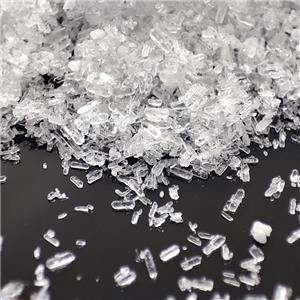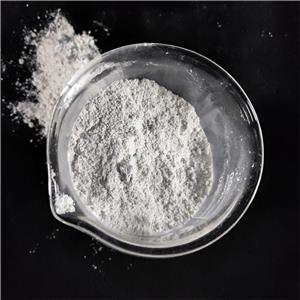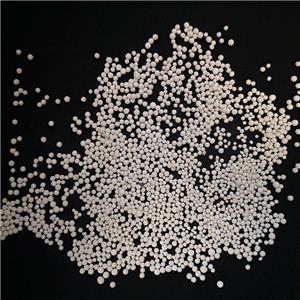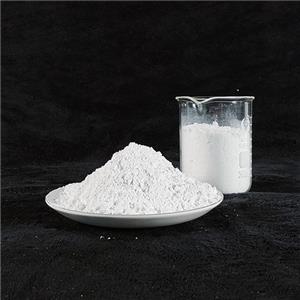Is magnesium hydroxide a flammable substance?
Magnesium hydroxide (Mg(OH)₂) is an inorganic compound that is a white solid at room temperature and widely exists in nature, such as brucite. It is also an important industrial raw material used in flame retardants, wastewater treatment, medicine and other fields. The answer to the question "Is magnesium hydroxide flammable?" is no. This article will elaborate on the non-flammability of magnesium hydroxide from the aspects of chemical properties, thermal stability, flame retardant mechanism, etc.
1. Chemical properties determine its non-flammability
The chemical formula of magnesium hydroxide is Mg(OH)₂, which is an inorganic compound. Inorganic compounds are usually composed of metal elements and non-metal elements, and their chemical bonds are mostly ionic bonds or covalent bonds. The structure is stable and it is not easy to react with oxygen. Combustibles are usually organic compounds containing elements such as carbon and hydrogen, which are easily oxidized with oxygen and release a lot of heat.
In the magnesium hydroxide molecule, magnesium ions (Mg²⁺) and hydroxide ions (OH⁻) are bonded by ionic bonds to form a stable crystal structure. This structure makes magnesium hydroxide very stable at room temperature, and it is not easy to react with other substances, let alone combustion reaction with oxygen.
2. High thermal stability and high decomposition temperature
Magnesium hydrate has high thermal stability, and its decomposition temperature is as high as 350℃. At high temperatures, magnesium hydroxide will decompose into magnesium oxide (MgO) and water (H₂O). This process requires the absorption of a large amount of heat and is an endothermic reaction.
Mg(OH)₂ → MgO + H₂O
This decomposition reaction will not only not release heat, but will absorb the heat of the surrounding environment, reduce the temperature of the combustion system, and thus play a flame retardant role.
3. Flame retardant mechanism: heat absorption, dilution, and coverage
As a highly efficient flame retardant, the flame retardant mechanism of magnesium hydroxide is mainly reflected in the following aspects:
Endothermic decomposition: As mentioned above, magnesium hydroxide decomposes and absorbs heat at high temperatures, reduces the temperature of the combustion system, and inhibits the thermal decomposition and combustion reaction of combustibles.
Dilute oxygen: The water vapor produced by the decomposition of magnesium hydroxide can dilute the oxygen concentration in the air and reduce the rate of the combustion reaction.
Covering effect: Magnesium oxide generated by the decomposition of Magnesium hydrate is a dense oxide that can cover the surface of combustibles, isolate oxygen and heat, and prevent the spread of combustion.
4. Wide range of applications
Thanks to its excellent flame retardant properties and environmental protection characteristics, magnesium hydroxide is widely used in the following fields:
Flame retardant: Magnesium hydrate is a commonly used inorganic flame retardant in polymer materials (such as plastics and rubbers), which can effectively improve the flame retardant properties of materials and reduce fire hazards.
Wastewater treatment: Magnesium hydrate can neutralize acidic wastewater and remove heavy metal ions. It is an environmentally friendly water treatment agent.
Medical field: Magnesium hydrate can be used as an antacid to treat symptoms such as stomach pain and heart burncaused by excessive gastric acid.
Other fields: Magnesium hydroxide is also used in flue gas desulfurization, papermaking, ceramics and other fields.
5. Precautions for safe use
Although Magnesium hydrate itself is non-flammable, the following safety precautions should still be taken during use:
Dust protection: Magnesium hydrate powder is irritating to the respiratory tract. Dust masks should be worn during operation to avoid inhaling dust.
Avoid contact with strong acids: Magnesium hydrate reacts with strong acids to release a large amount of heat, which may cause burns or fire.
Store in a dry place: Magnesium hydrate easily absorbs moisture in the air and should be stored in a dry, well-ventilated place.




